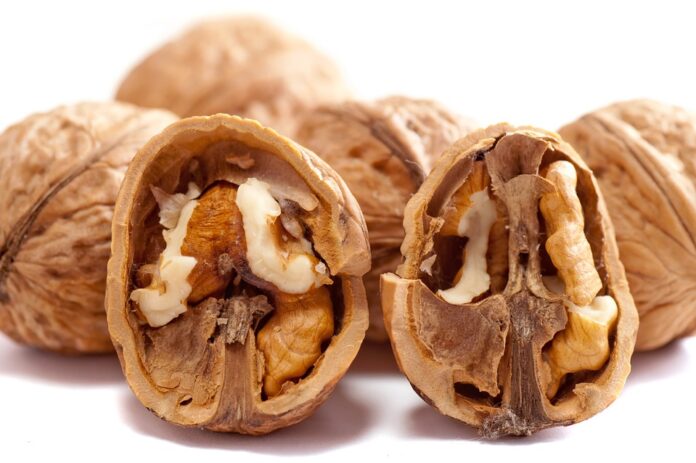Introduction
The debate between organic and conventional farming practices has been ongoing for years, with proponents on both sides touting the benefits of their respective methods. In the walnut industry, this debate is particularly relevant, as consumers become more conscious of how their food is grown and processed. In this report, we will compare organic and conventional walnut farming practices to determine which model is more sustainable and profitable in the long run.
Organic Walnuts
Definition and Characteristics
Organic walnuts are grown without the use of synthetic pesticides, fertilizers, or genetically modified organisms (GMOs). Instead, organic farmers rely on natural methods like crop rotation, composting, and biological pest control to maintain soil health and protect the environment.
Market Demand and Price Premium
Organic walnuts are in high demand, as consumers increasingly seek out products that are free from harmful chemicals. As a result, organic walnuts command a price premium over their conventional counterparts. According to industry data, organic walnuts can sell for 20-30% more than conventionally grown walnuts.
Sustainability Benefits
Organic walnut farming is considered more environmentally friendly than conventional methods. By avoiding synthetic inputs, organic farmers help preserve soil fertility, promote biodiversity, and reduce water pollution. Organic farming also tends to have lower carbon emissions due to the absence of chemical fertilizers.
Conventional Walnuts
Definition and Characteristics
Conventional walnuts are typically grown using synthetic pesticides and fertilizers to maximize yields and protect against pests and diseases. While conventional methods are often more cost-effective and efficient, they can have negative impacts on soil health and the surrounding ecosystem.
Market Demand and Price Trends
Conventional walnuts still make up the majority of the market share due to their lower production costs and higher yields. However, as consumer preferences shift towards organic and sustainable products, the demand for conventional walnuts may decrease over time. Industry experts predict that the price of conventional walnuts may stabilize or even decrease in the future.
Sustainability Challenges
Conventional walnut farming practices have been criticized for their reliance on chemical inputs, which can contribute to soil degradation, water pollution, and biodiversity loss. Additionally, the use of synthetic pesticides raises concerns about human health and the safety of farmworkers.
Comparison of Sustainability and Profitability
Environmental Impact
In terms of environmental sustainability, organic walnut farming has clear advantages over conventional methods. By promoting soil health, biodiversity, and water conservation, organic farming helps protect natural ecosystems and reduce the industry’s overall carbon footprint.
Financial Performance
From a financial perspective, the profitability of organic vs conventional walnut farming can vary depending on factors like market demand, input costs, and yield potential. While organic walnuts may command a higher price premium, the initial transition to organic farming can be costly and time-consuming. Conventional farmers may have lower production costs but could face declining prices and market demand in the long term.
Long-Term Viability
In the long run, organic walnut farming is likely to be more sustainable and profitable due to its positive environmental impact and consumer demand for organic products. As sustainability becomes a key focus for the food industry, organic walnuts are positioned to maintain their market share and price premium over conventional walnuts.
Conclusion
In conclusion, organic walnut farming offers a more sustainable and profitable model compared to conventional methods. While organic farming may require greater initial investments and management practices, the long-term benefits in terms of environmental sustainability, market demand, and price premiums make it a more viable option for farmers looking to future-proof their operations. As consumer preferences continue to shift towards organic and sustainable products, the organic walnut industry is poised for growth and success in the years to come.




